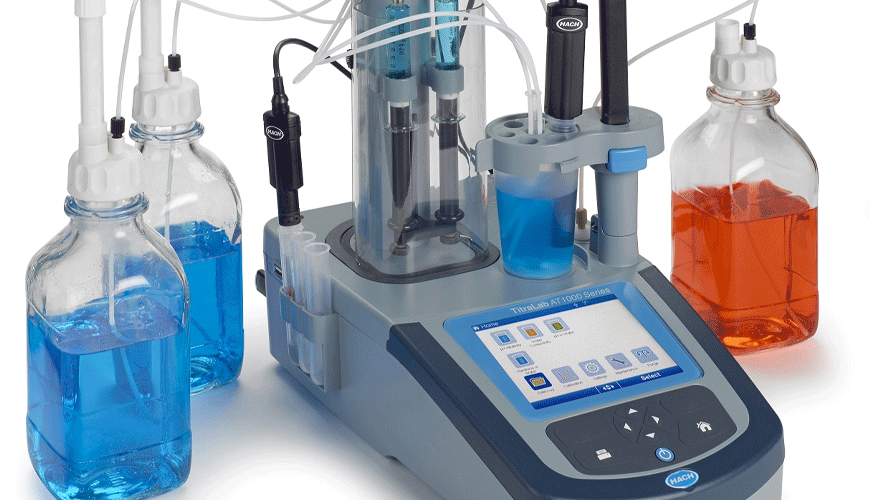

pH is a number that traditionally represents the hydrogen ion concentration of an aqueous solution. For practical purposes, its definition is empirical. The pH of a solution to be studied is related to that of a reference solution (pHs).

The potentiometric determination of pH is made by measuring the potential difference between 2 suitable electrodes immersed in the solution to be examined: one of these electrodes is sensitive to hydrogen ions (usually a glass electrode) and the other is a reference electrode (for example, a saturated calomel electrode).
The meter is a voltmeter with an input resistance of at least 100 times the electrodes used. It is normally rated in pH units and has a sensitivity such that a separation of at least 0,05 pH units or at least 0,003 V can be obtained.
Unless otherwise stated in the monograph, all measurements are made at the same temperature (20-25 °C). It shows the pH change with respect to the temperature of a set of reference buffer solutions used for calibration. Follow the manufacturer's instructions for temperature correction as needed.
Our organization, EUROLAB, provides testing services to businesses within the framework of laboratory testing services, by our professional engineer staff within the scope of 07/2016:20203 potentiometric pH determination test standard.
To get an appointment, to get more detailed information or to request an evaluation, you can ask us to fill in our form and reach you.